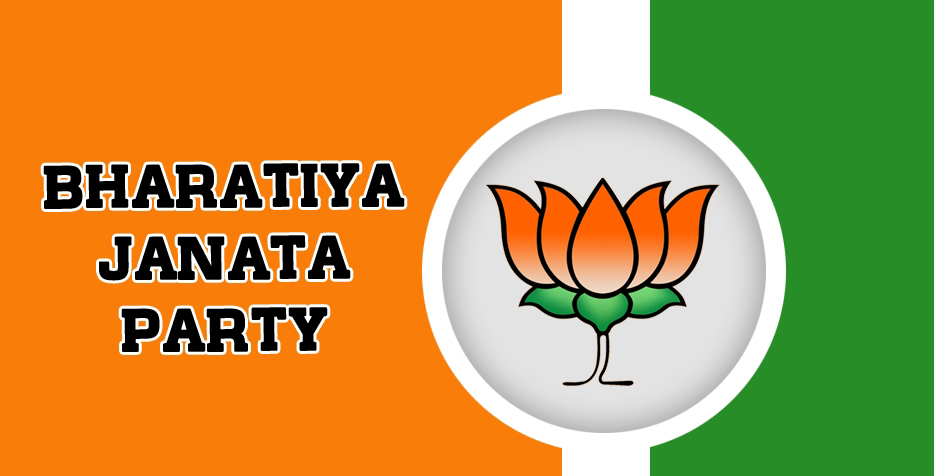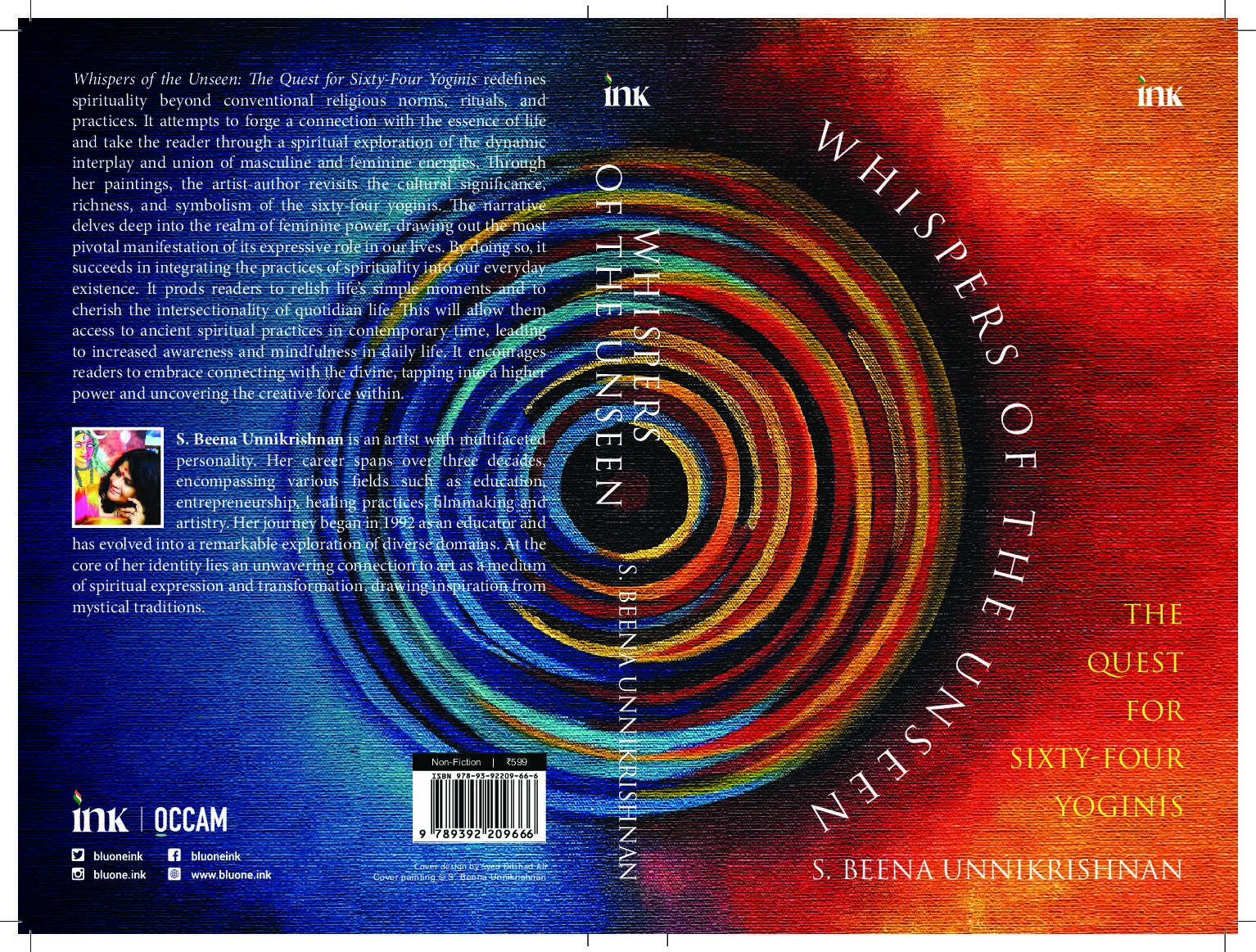The rise and rise of BJP
Ravi Shanker Kapoor | March 20, 2017 11:17 pm

It is time to properly examine not only the Bharatiya Janata Party’s unprecedented and unexpectedly spectacular victory in the recent state Assembly polls but also its impressive rise since its inception in 1980. Evidently, the intellectual class is not in a frame of mind to do that; actually, it never was, as we shall see. Even as the popes and bishops of public discourse were recovering from the shock of the BJP’s success in UP and Uttarakhand, they were in for another jolt—Yogi Adityanath was crowned Chief Minister in India’s largest state. What on earth is happening? Is the world coming to an end? Well, intellectuals’ world indeed is.
They are already busy rehashing and regurgitating their pet theories, themes, and motifs: the BJP’s communalism and bigotry, victimization of Muslims, fascistic RSS’ evil designs going back to Mahatma Gandhi’s assassination. The same old stories and fables we have heard for a zillion times. Like the Bourbons of yore, they have learnt nothing and forgotten nothing. This perfectly suits Narendra Modi and Amit Shah, for the Left-libbers’ obsession with stupid notions has stood the duo in good stead.
It is, however, instructive to study the BJP’s rise in the last 37 years. Actually, it began as the Bharatiya Jana Sangh, founded by the prominent Hindu nationalist Syama Prasad Mookerjee in 1951. Right from the beginning, it collaborated with the Rashtriya Swayamsevak Sangh (RSS). In 1977, the Jana Sangh merged with the umbrella entity, the Janata Party, which won general elections. But its rule ended prematurely and the Congress returned to power. The Janata Party broke into the very factions that had formed it in the first place. So, the Bharatiya Jana Sangh became the BJP. The BJP was born in chaos. Its ideology was a congeries of disparate concepts like ‘Gandhian socialism’ and ‘integral humanism.’
In 1980, all non-Congress parties were, more or less, on a similar footing. The question that no intellectual wants to address is simple: why and how did the BJP grow to what it is now, while other parties, including the once mighty Congress, have shriveled? Even if we discount regional parties like the DMK and Telugu Desham which could never have acquired national relevance, there were so many socialist, communist, and other entities. Why didn’t any of them swell?
Mukesh Ranjan, my friend and a perspicacious journalist, provides a very simple and apt answer: the BJP and the RSS succeeded in making Hindus Hindu. On the face of it, this sounds tautological: Hindus are anyway Hindu. So, what’s the point? Well, the point is that Hindus were Hindu socially—going to temples, observing fasts, celebrating Diwali and Holi, etc. But, politically, they generally did not vote as Hindus; they voted as Dalits, Jats, Gujjars, Brahmins, Rajputs, Yadavs, etc.; even as farmers and workers. Rarely, if ever, as Hindus. The RSS and the BJP changed that.
This was made possible by the lakhs of activists of both organizations. Whether it was the emotive issue of Ram Temple or the matter of national security, these activists were there to spread the message of their ideology. Whenever jihadists carried out bomb blasts in Delhi or attacked Bombay in November 2008, non-BJP parties and intellectuals indulged in claptrap, but the BJP always favored a tough line both against terror and Pakistan (even if in practice it did not follow the line). Similarly, whenever Maoists slaughtered the troopers of paramilitary forces, the BJP was unambiguous in its anti-terror approach whereas other parties wavered.
It now appears doubtful that Modi succeeded in the 2014 general elections and the subsequent state polls because of development or governance promises. He has neither galvanized economic development nor effected any administrative reforms. Yet, his juggernaut goes on unabated. All his success cannot be attributed to Rahul Gandhi’s incompetence and the Opposition’s ineptitude; this must have a lot to do with the strong message of nationalism—Hindu nationalism, to be precise. You can’t have traitors roaming around glorifying Afzal and shouting slogans for the end of India, and anti-BJP leaders supporting them directly or indirectly, and yet expect people to be sympathetic to them.
Even a person like me who is critical of nationalism (Nationalism sucks, https://thehinduchronicle.com/2016/03/nationalism-sucks/) feels horrified by the glorification of Afzal who was a jihadist. Those who have no problems with nationalism find it scandalous that several mainstream leaders support traitors. Is it surprising that they have started voting for the BJP?
Okay, BJP leaders lie through their teeth (chunavi jumla, Article 370, uniform civil code, et al), but so do their rivals. But at least the BJP is on the right track when it comes to national security. The Modi government did order surgical strikes, didn’t it? All political parties are bad; the BJP is the least bad.
Non-BJP politicians are unable to acknowledge these facts, because their mindscape resembles the fantasyland of Left-libbers. The BJP, meanwhile, marches on. A pygmy like other Opposition parties 37 years ago, its graph has seen an upward secular trend (no irony intended) despite the ignominy of 1984 when it got just two seats in the general elections.































